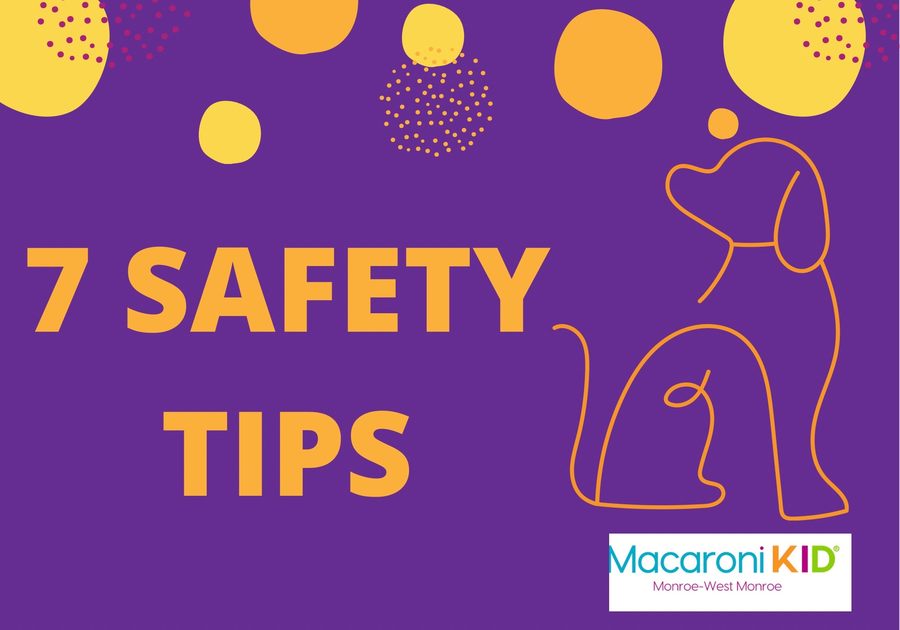Parades and other pet-friendly community events are filled with lots of great food, family, friends, and strangers. Thinking about being able to bring your pet to a community event just brings a smile to your face, right? You might even decide your pet needs to get a little dressed up for the event and/or ride in a heavily decorated float (wagon)!
Let's make sure you are prepared. Of course, bring the essentials like water, food, if on hot asphalt maybe booties...
Firework Tips for Pets
Here are 7 tips for safety:
1. Use pet-friendly decorations.
Sparkly decorations can be seen as a "toy" to animals who play with or eat them. Avoid costumes that have buttons or other decor' that can become loose and swallowed. Remember, you want the costume to fit properly (not too tight or loose). You also want to keep any sharp-edged decorations or glitter away from your pet's eyes. Make sure any props are made of shatterproof materials.
2. Pet should be on a leash at all times.
First of all, it is the law but most importantly a leash can keep your pet safe and more easily monitored. They will be outside in a place that is unfamiliar to both of you and there could be food, beverages, and also plants that can be harmful. The ASPCA has full lists of toxic and non-toxic plants for dogs and cats:
3. Know your baby.
If your baby doesn't like loud noise, crowds, kids, or being petted 5 million times, this might not be a happy place for them.
4. Don't forget to scoop the poop.
Make sure you have all of the essentials for cleaning up after your pet. Plastic bags, gloves, baby wipes (for your hands). This may not be a safety issue, but it is very good pet etiquette.
5. Vaccinations
Most events that invite your pet to attend require that they are current of their vaccinations.
6. Lost Dog
Just in case your dog runs away (we know it happens), make sure your pet has an ID tag or microchip.
7. Parent Tip: How Should Children Greet Pets?
Greeting unknown dogs slowly, and letting a dog sniff your hand is a nice way to introduce yourself. Also, teaching children to ask for permission before they pet a dog. Remember, if a dog is eating or playing with a toy, giving the dog space could be important. Children might not be as aware of an animal's body language so parents can help teach their children how to help become aware of this silent language.
Many veterinarians are not open 24/7 so it’s really important to know where your nearest emergency vet facility is located. If your dog or cat accidentally ingests a potentially toxic substance, contact your local veterinarian or the ASPCA Animal Poison Control Center at 888-426-4435 (a fee may apply) for immediate assistance.



